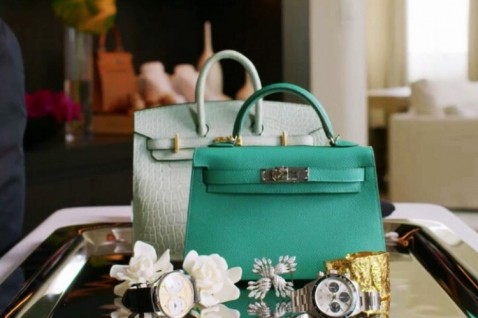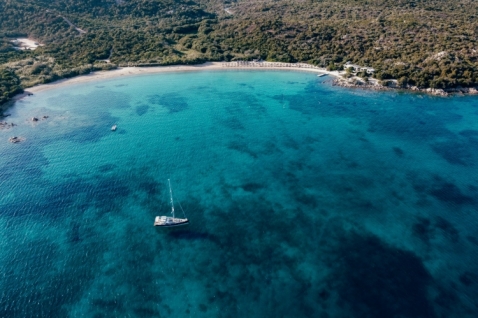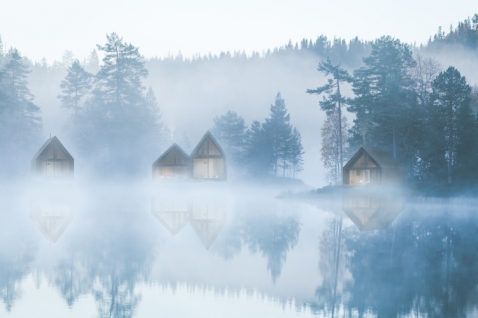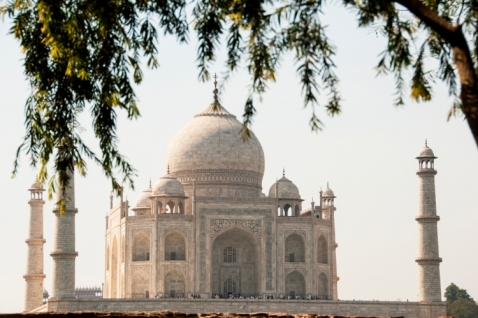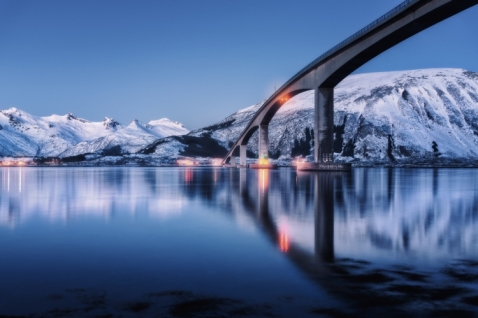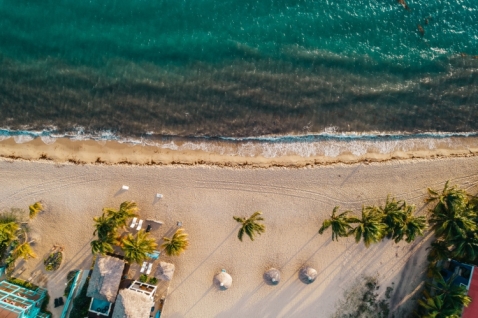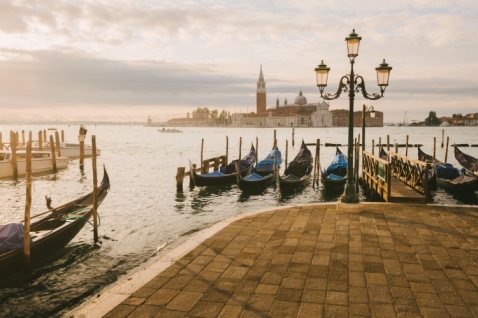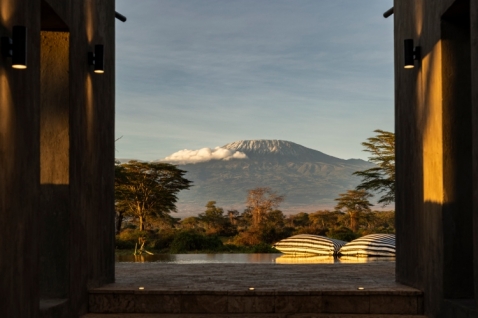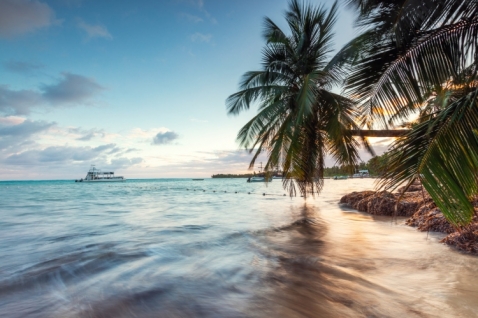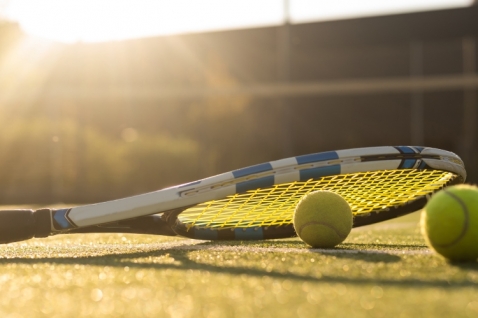As the largest city in China and an economic, commercial and financial center, Shanghai is vital to the country's future.
No other city in the country is more vibrant and fascinating or has such a unique colonial past.Shanghai, literally 'Above the Sea', is a port city on the Huangpu River, where the Yangtze River empties into the East China Sea. Originally a fishing and textiles town, the city gained its identity after it was opened to foreign powers by the 1842 Treaty of Nanking. The British, French, Americans, Germans, and Russians moved in, setting up their distinct Western-style banks, trading houses, and mansions, leaving a permanent architectural legacy. The city flourished as a cosmopolitan and thriving commercial and financial center, dubbed the "Pairs of the East" in 1920s and 1930s. In spite of being the cradle of Chinese Communism, the city was neglected during the Cultural Revolution of the 1960s and 1970s. In 1990, it was chosen to spearhead modern China's reform and opening up, which resulted in intense development. In addition, the city has often been the inspiration for novels, films and cocktails. It is probably the most evocative city for an outsider to visit all of the country. Beijing may be more mysterious, but Shanghai offers half-understood, semi-mythical images.
Nanjing RoadShanghai is always a fun to visit. The commerce river - Huangpu River, a tributary of the Yangtze River, is lined up with a gallery of different architectures, known as the Bund, beckoning to curious visitors and smart locals alike. Although erected during different periods in varying styles such as Gothic, Romanesque or Baroque, those fifty-two buildings stand together in perfect harmony. When night falls, the two most famous - Bank of China Building and the Peace Hotel - are bathed in lavender lighting, and are the most telling witness to the past century of the Bund. Mansions, garden estates, clubs and cathedrals built by Westerners a century ago are scattered throughout the city. There is even a synagogue, built during the days of an unprecedented Jewish immigration here. Traditional treasures, though not so many as in Beijing, turns up on a walk through the chaotic old city: a teahouse, active temples, ancient pagodas and quintessential southern-Chinese classic gardens such as the Yuyuan Garden. Across the Huangpu River from the original settlement of Puxi is the city's future, the Pudong New Area. Its modern and ever-expanding skyline includes the emblematic Orient Pearl Tower, the highest observation decks in Asia, the soaring modern art-deco Jin Mao Tower and the 101-floor World Financial Centre featuring the Park Hyatt hotel, the tallest hotel in the world.
In 2004, it hosted the inaugural A1GP World Cup of Motorsport and later that year Time magazine called Shanghai the 'world's most happening city.' In October 2007 the city hosted the first Special Olympic Games ever held in Asia. The city's centre-stage status continues, in 2010, when it hosts World Expo.
Easily China's richest city and the leading trendsetter in fashion, design and the arts, Shanghai is the best city in the country for dining and shopping. Locals of the city, considered frank, efficient, and progressive, are creating the country's most outward-looking, and modern metropolis, replete with legions of futuristic skyscrapers, glitzy restaurants, bars, hotels, brand awareness and shopping savvy, competing with rival Asia cities such as Hong Kong, and Singapore.


